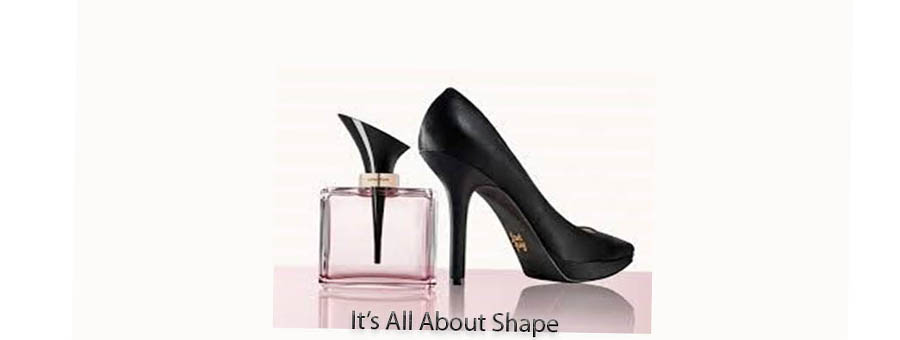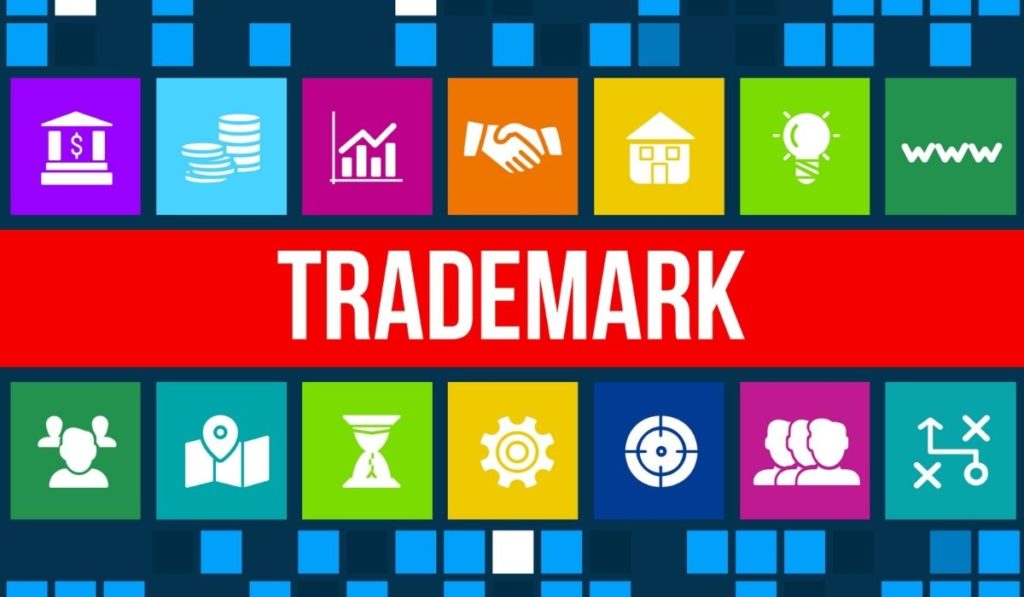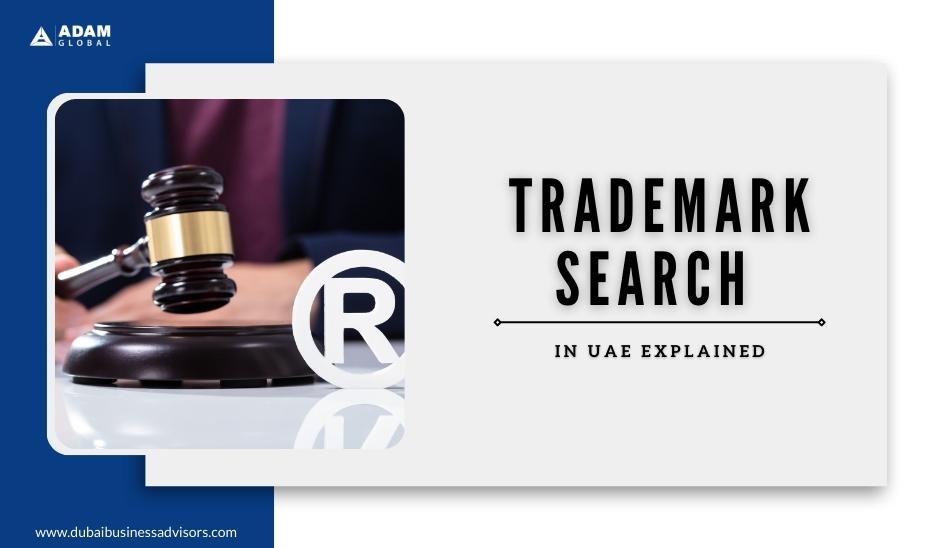A Trademark is any unique expression and source identifier related to a product or service that distinguishes it from others.
Trademark is actually territorial in nature and varies from country to country.
In general, 90% of the Trademarks are registered in the form of word marks, logos and device marks.
NON TRADITIONAL TRADEMARKS
Technically speaking, A non-traditional trademark, also known as a non-conventional trademark, is any new type of trademark which does not belong to a pre-existing, conventional or routine category of trade mark, and which is often difficult to register, but which may nevertheless fulfill the essential and required trademark purpose of distinctively recognizing the commercial origin of goods, products or services.
Non-Traditional Trademarks comprise colors, motions, sounds, scents and shapes and other such requisitions which are interesting and exceptional. In addition to the standard procedure and requirements, Not Traditional Trademarks requires special categories and supplementary conditions to get the Registration. Different forms of Non Traditional Trademarks are described as hereunder:
- Shape Marks presents the 3-Dimensional shape of a product or packaging and also to gain Trademark registration of a product shape, the shape must generally have a non-functional “added extra” or distinctive feature, helping the shape to function as a Trademark. Ex: – Perfume bottle was registered as shape Trademark because this shape has had color and artwork added, both of which make the shape even more distinctive looking elevate it to more than a simple product shape.
- Collective Trademark is used to distinguish the products or services of facilities belonging to a certain entity that has a legal character. The famous example is CA” device used by the Institute of Chartered Accountants and “CPA” mark, used to indicate members of the Society of Certified Public Accountant.
- Color Mark is sometimes single color or combination of colors which can also be registered as a trademark. The catch is that people recognize a certain product or service by its color. The example of the famous color mark is Christian Louboutin shoes with their red soles, covered under US Reg. No. 3,361,597, for women’s high-fashion designer footwear

- Motion service mark consists of the movement of a certain object which is a visually perceivable combination of the object and the movement. The moving image can be a film-clip, video, moving logo for TV-shows. An example of a motion service mark is a UK mark (UK00002607608) for a 3-D yoga app.
- Sound service mark consists of a short extract from a composition or an entire musical piece. In some cases, it may be a reproduction of an everyday sound, perhaps in an unusual circumstance. The famous example of a sound mark is the roar of the MGM’s Lion Leo, Yahoo yodel, and NBC-Entertainment chimes.

- Scent or smell mark registration is something where the smell must not result from the nature of the good itself. For example, as per the WIPO magazine, an application by Chanel to register its well-known No. 5 fragrance as a smell mark in the United Kingdom was unsuccessful on that count – the scent of the perfume being the very essence of the product. The famous examples are a Dutch company’s tennis balls with the scent of newly mown grass, and UK registrations for tires with “a floral fragrance/smell reminiscent of roses” and darts with “the strong smell of bitter beer.”

- Taste marks require a written description of the taste and an indication that it concerns a taste mark. They are amongst the most difficult to register Trademarks as it is challenging for the Examiner to actually distinguish between the flavor of the product and something that is connected to the product and not necessarily its own natural flavor.
- Touch or Texture both fall under the definition of a “sign.” The “texture” or “touch” mark must be capable of distinguishing the goods or services of one trader from those of another and must be a clear description of the trademark and/or a visual representation of it. For example, the packaging may have some kind of particular sensation to the touch which is distinguishable from others.
Certain types of non-conventional trademarks have become more widely accepted in recent times as a result of legislative changes expanding the definition of “trademark”. Such developments are the result of international treaties dealing with intellectual property, such as the Agreement on Trade-Related Aspects of Intellectual Property Rights, which sets down a standardized, inclusive legal definition. In general practice and execution, when seeking registration of non-conventional trademarks such as sounds and colors it is important to remember that such identifiers are registrable and enforceable so long as they are capable of identifying the trader as the source of the goods and/or services. As such, maintaining distinctively and exclusivity is an important factor when considering registration of non-conventional trademarks.
I will conclude by saying that the Trademarks, of any type, can act as powerful tools for creating value for your business. They must be used creatively, pro-actively and with imagination.
We at Adam Global delivers a comprehensive range of Intellectual Property services through our dedicated professional and experts. Our Regional/Corporate Office in Dubai offers and specializes in multi level corporate services related to IP protection and prosecution. Over the years Adam Global have carved a niche for itself as Global IP service provider in GCC region in particular and almost across the globe.
For more details and clarification on the Traditional and non-traditional brand recognition, feel free to contact ADAM GLOBAL.
Shanavas is an Intellectual Property Expert and has an experience of more than 5 years in the field of Intellectual Property Protection and Prosecution. He is registered with the Delhi Bar Council and Bar Council of India and is a based in Dubai, United Arab Emirates and work as an IP Consultant with a boutique IP and Corporate Consultancy Firm. Shanavas has managed the Trademark portfolio of various Private and Government undertakings in GCC and numerous multinational business organizations from across the globe which hails from different sectors. Shanavas has rich experience with key legal issues along with wide knowledge of legal concerns related to Intellectual Property Rights, Contracts, Business Laws, Incorporation Laws and rules related to due diligence. He can be directly contacted at +971 50 911 0516 or shanavas.ameerkannu@adamglobal.com



